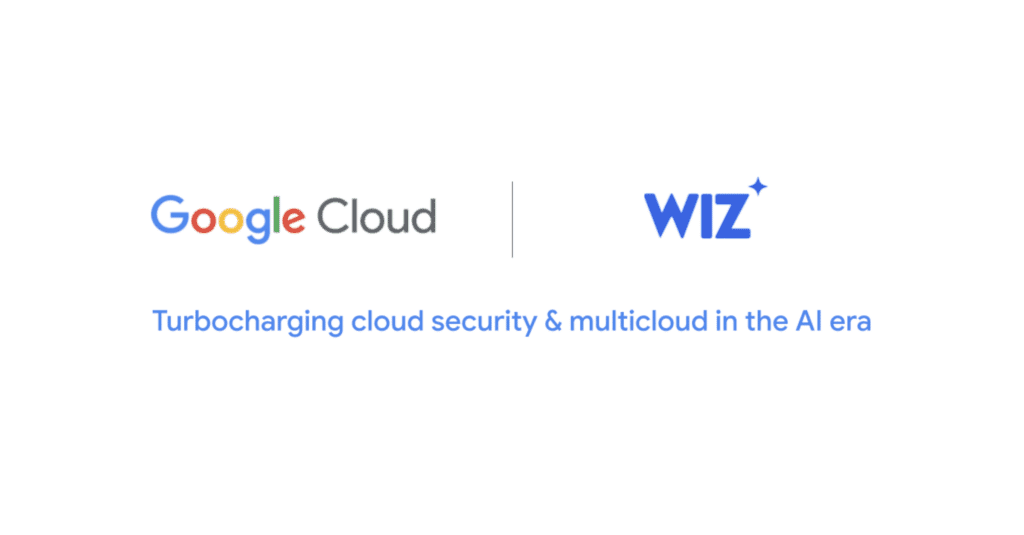Google Cloud has officially announced the signing of a definitive agreement to acquire Wiz, one of the leading cloud cybersecurity platforms, for a cash amount of $32 billion. Based in New York, Wiz will be integrated into Google Cloud once the necessary regulatory approvals are obtained.
This acquisition addresses the growing challenge faced by businesses and governments in protecting themselves from increasingly sophisticated threats in multicloud and hybrid environments. In a context where digitalization is advancing and Artificial Intelligence (AI) is being integrated into critical processes, traditional cybersecurity falls short. The acquisition of Wiz reinforces Google’s commitment to providing comprehensive solutions tailored to current needs.
Why Now?
As Thomas Kurian, CEO of Google Cloud, explains, cyber risks continue to increase in both number and complexity. Moreover, organizations are increasingly operating in multicloud environments and hybrid platforms, adding an additional layer of complexity to security management. The presence of AI in business processes presents new challenges and threats that require modern, automated security solutions capable of anticipating attacks.
What Wiz Brings to Google Cloud
Wiz stands out by offering a comprehensive and user-friendly cloud security platform that connects to all major cloud environments and code environments to prevent incidents before they occur. Its technology scans customers’ environments, building a comprehensive graph of code, cloud resources, services, and applications, and analyzes the connections between them. It identifies potential attack vectors, prioritizes the most critical risks, and allows developers to remediate vulnerabilities before deploying applications.
Wiz has also introduced innovative categories in the past year, such as “code-to-cloud” security and real-time defense for cloud-native environments, helping to protect both startups and large enterprises as well as public institutions.
A Unified Vision: Google Cloud and Wiz
The union of Google Cloud and Wiz aims to offer a unified cybersecurity platform that encompasses everything from code protection to large-scale security operations. Among the highlighted objectives:
- Unified Security Platform: combining Wiz’s platform with Google Security Operations to protect cloud-native applications throughout the development lifecycle.
- Advanced Threat Intelligence: providing accurate visibility into threats, allowing organizations to anticipate attackers.
- Protection Against New Threats: especially those arising from the use of AI, including threats to and from models.
- Augmentation of Cybersecurity Teams: through AI agents acting as extensions of security teams and expert support from Mandiant for incident response and managed defense.
- Measurable Defense: with tools to proactively assess the effectiveness of implemented security controls.
Impact for Customers and Partners
Google Cloud assures that Wiz’s products will remain available on all major platforms like Amazon Web Services, Microsoft Azure, and Oracle Cloud, and will be accessible through partner solutions and the Google Cloud Marketplace. Additionally, the company maintains its commitment to provide customers with a wide range of options through integrations with other leading cybersecurity providers.
Google Cloud will also continue collaborating with system integrators, resellers, and managed security service providers to offer comprehensive and flexible solutions. The company emphasizes its firm commitment to open standards and the open-source community, maintaining an open and collaborative environment.
Next Steps
The acquisition is pending the usual regulatory processes and closing conditions. Google has confirmed that once the process is completed, it will work alongside the Wiz team to accelerate the development of more powerful, scalable cybersecurity solutions tailored to the new multicloud reality.
For more technical details about the integration and joint workings of Wiz and Google Cloud solutions, please refer to the official Google Cloud blog.

